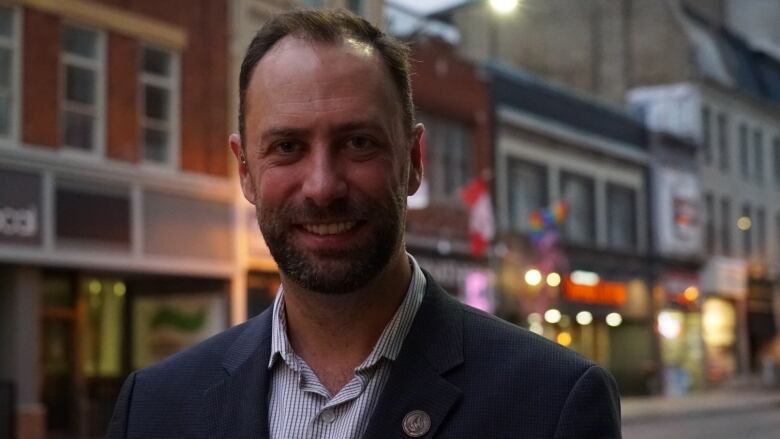Indigenous health care not fair, equal, or just: Moran
Law and medical students at Western University will take in a mandatory lecture about problems and solutions

First- and second-year Western University law and medical students will participate in a mandatory lecture about healthcare for Indigenous people.
The director of the National Centre for Truth and Reconciliation at the University of Manitoba will deliver a keynote speech to the students Wednesday.
"Because thereis a specialized set of historical realities for Indigenous peoples in this country, it also requires a special set of solutions to address those long-term issues," Ry Moran told CBC's London Morning.
"We can't underplay just how brutal this history has been for Indigenouspeople in this country. The term cultural genocide is entirely appropriate."
Health care for Indigenous people remains 'grim'
Indigenous people's health as a whole is not as good as the health of non-Indigenous people, historically and currently, because of racism, Moran said.
Malnutrition in residential schools is linked to the current diabetes problem among Indigenous people, and treatment of Indigenous people is often far inferior to that of non-Indigenous people.
"People make very quick judgements on people and don't provide them with the health care they deserve," Moran said.
The education day, entitled "Tyu ko tak nahte' yu kwa nute" means "Let's move what we know forward: Understanding our past and working together to strengthen the future."
Reconciliation will come with individual responses as well as systemic fixes to big problems. Moran said he'll ask students to be aware of how racism works within the health and law systems, and within themselves.
"The hope is in the future. The present remains quite complicated," Moran said. "The present health situations for Indigenous people remain very grim...The system itself is not serving Indigenous people fairly or just equally or justly."












_(720p).jpg)


 OFFICIAL HD MUSIC VIDEO.jpg)
.jpg)



























































































